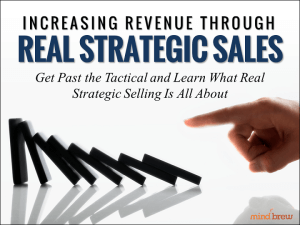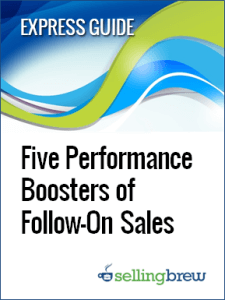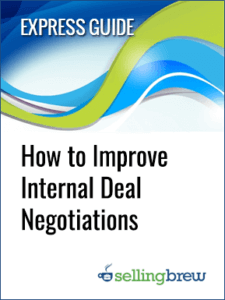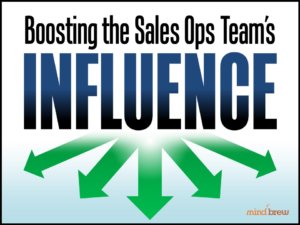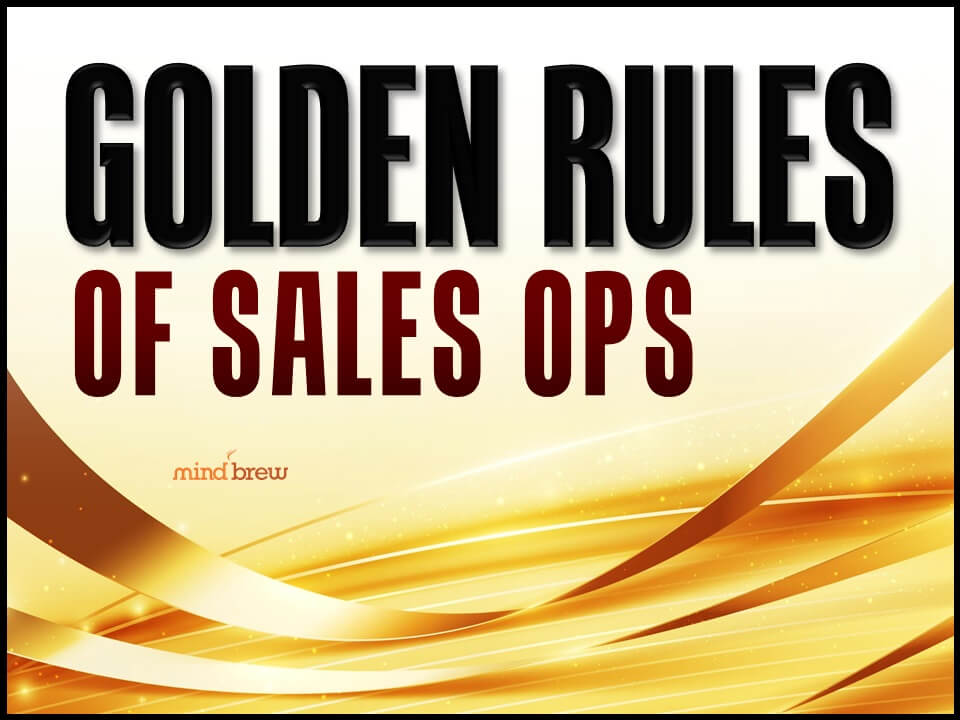When managers are looking for ways to boost sales, they often try to find a “magic bullet” that will get everyone fired up to do a better job. They might offer a special trip, bonuses or other prizes as incentives for increasing sales. Or maybe they’ll increase commissions on certain products or for a certain period of time.
Sometimes these efforts work well, and sometimes they don’t work at all. But most of the time, companies experience mixed success: A few people on the sales team get really motivated by the special incentives, and the rest of the team continues business as usual.
The problem with these one-size-fits-all incentive plans is that they fail to take human nature into account. We all know that every individual is unique and likely to be motivated by different things. So why do we expect to be able to find one magic bullet that will motivate every member of the sales team?
As you’ve already guessed by now, there is no magic bullet for motivating salespeople. Instead, it makes much more sense to think strategically about your sales compensation plan and build in a variety of tools that can motivate a broad spectrum of personalities.
A 2012 article in the Harvard Business Review advocates dividing your sales team into three groups: stars, core performers and laggards.
To motivate your stars, you should consider adding prizes and bonuses to your sales compensation plan. These are generally the people who get all excited about the chance to win a big trip or a fat bonus check, so go ahead and offer some of those incentives. You may also want to consider increasing commissions for salespeople who dramatically exceed their sales quotas. The one thing you don’t want to do with this group is put a cap on earnings—that’s a surefire way to get them to do less than their best.
Your core performers, the average salespeople who probably generate the bulk of your sales, are less likely to be inspired by winner-take-all contests with big prizes attached. They know they are unlikely to win, so they probably won’t even try. For this group, consider adding some additional prizes to your incentive program that aren’t quite as good as the top prize, but still worthwhile. For example, maybe the top prize is an exotic vacation, but lower-level performers can win concert tickets or passes for a local amusement park. Average performers will often convince themselves that they would really rather have the lower-level prizes and increase their sales in order to get them.
Similarly, building in a lot of tiers to your commission schedule can also help motivate core performers. They might feel that they could never achieve the top level on the commission schedule, but increasing sales by 5 percent or 10 percent might feel like it is within their reach. If you offer higher pay for doing just a little bit more work, your core performers will likely respond.
Every organization also has a few laggards—those who just don’t quite meet their numbers or who do the bare minimum to skate by. For this group, you might need to use some peer pressure. Posting a list that ranks sales team members by performance might motivate them to not be last on the list. This group also tends to have trouble meeting long-term goals. So you should make sure that some of the sales bonuses you offer have short timeframes—say, monthly or quarterly bonuses instead of annual bonuses for meeting quotas. Finally, you can also build in some disincentives or penalties for salespeople who don’t meet minimum sales numbers.
Your sales compensation plan can be a very powerful tool for increasing your sales—if you take individual personality differences into consideration. For more tips on improving your sales comp plan, check out the Express Guide Designing Sales Comp Plans That Actually Work.


